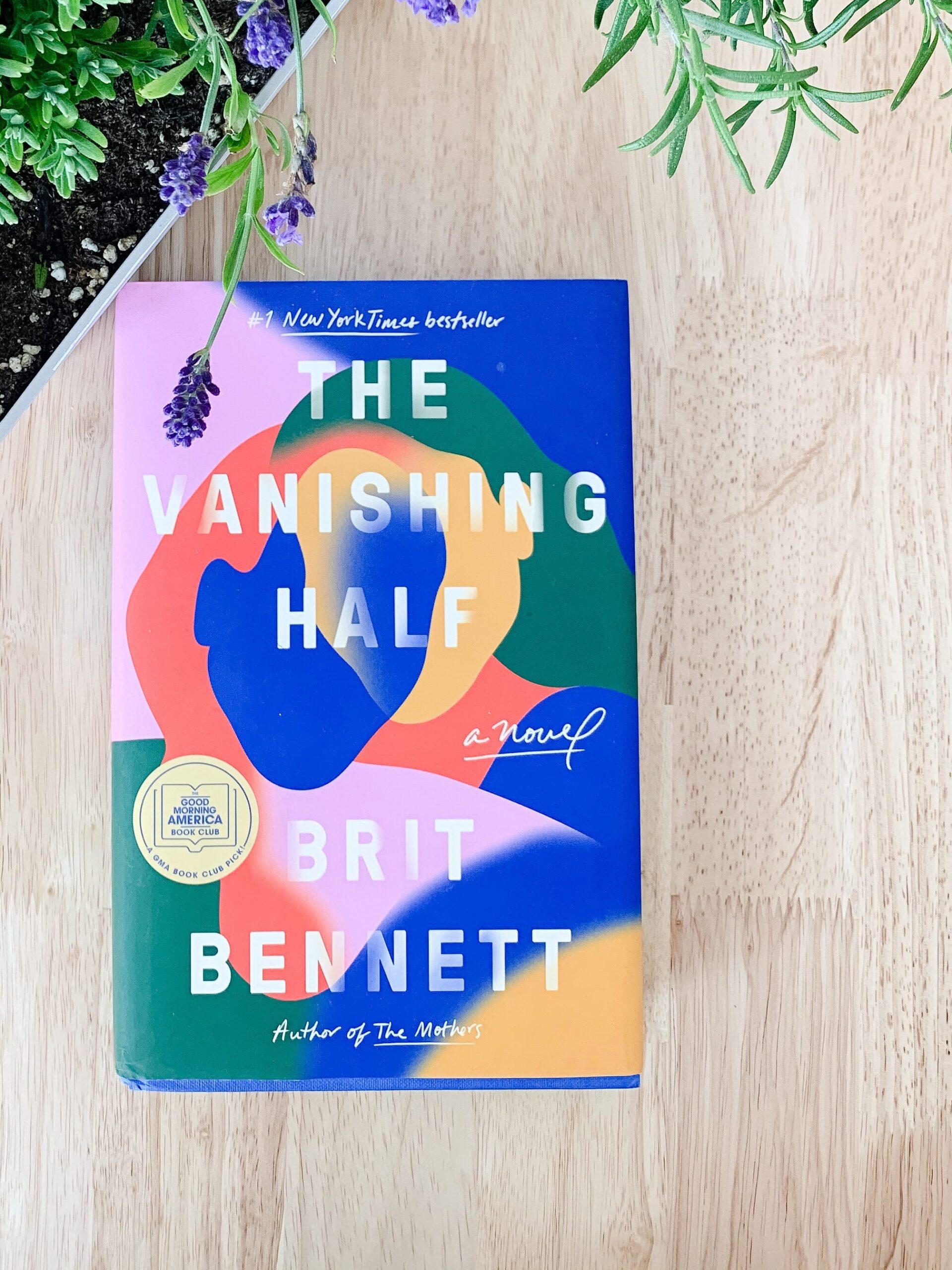
The novel’s vast scope is a reward for the reader and a testament to Bennett’s craft. There is never a moment where the narration feels rushed or scattered the shifts between characters are organic and seamless. Bennett’s ability to jump around freely through several eras in American history, as well as from coast to coast and to the Deep South, is nothing short of exceptional. Furthermore, The Vanishing Half is remarkably ambitious in both its achronological structure and its expansive breadth of time and space.

For one, Bennett’s deft blend of intricate and seismic plotting makes it difficult to adequately cover much ground without messing up the story or slipping in a spoiler. There are several reasons this brief summary does not do the novel justice. Their family moves to Los Angeles, where a chance encounter eventually brings Jude and Kennedy together and slowly unravels the family’s secrets and history. Passing as white, Stella marries Blake and has a daughter, Kennedy. We learn Stella has left Desiree behind long ago and absconded to Boston with her white boss, Blake. The people of Mallard describe Jude as “blueblack,” disrupting the community’s ideology of colorism. Desiree has returned home with her daughter, Jude. The novel opens in 1968, fourteen years later. The Vignes twins, Stella and Desiree, grow up in Mallard, Louisiana-a fictional small town established in 1848 by a former slave named Alphonse Decuir who dreams of “each generation lighter than the one before.” But the twins run away to New Orleans as sixteen-year-olds. The Vanishing Half is an intergenerational story spanning from the 1950s to the 1990s. Even so, Bennett’s second novel not only shirks the sophomore slump, but also reinforces her as one of the most important and skilled American writers working today.



Perhaps the reception of Bennett’s debut adds to the high expectations for the author’s follow-up, The Vanishing Half (Riverhead, 2020). A critical and commercial success, The Mothers was a New York Times bestseller and a finalist for a slew of awards. Brit Bennett’s first novel, The Mothers (Riverhead, 2017), offered everything a reader could hope for in a debut: a focused, clear plot, strong character development, and prose that introduced the author as a distinct new voice in the larger literary landscape.


 0 kommentar(er)
0 kommentar(er)
